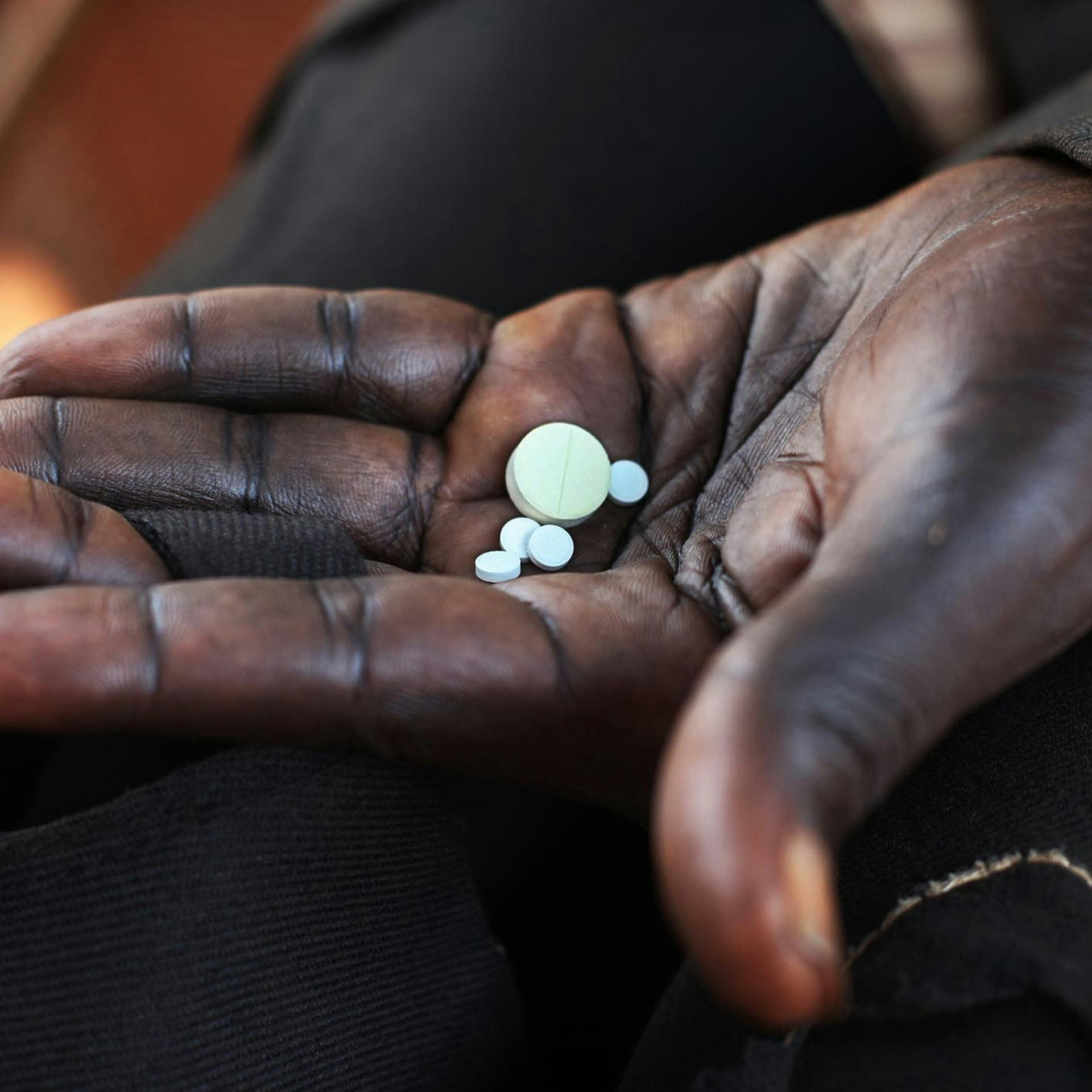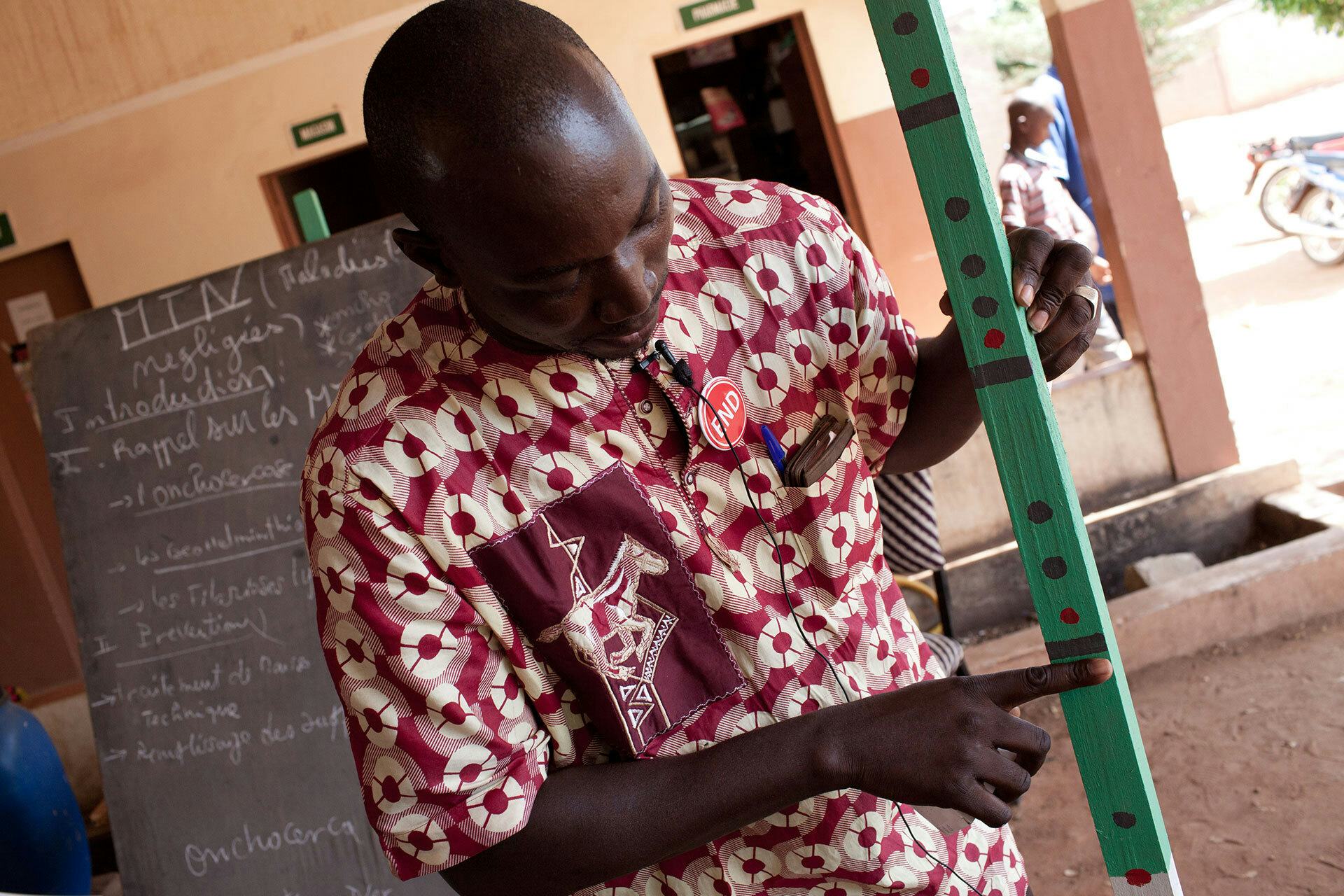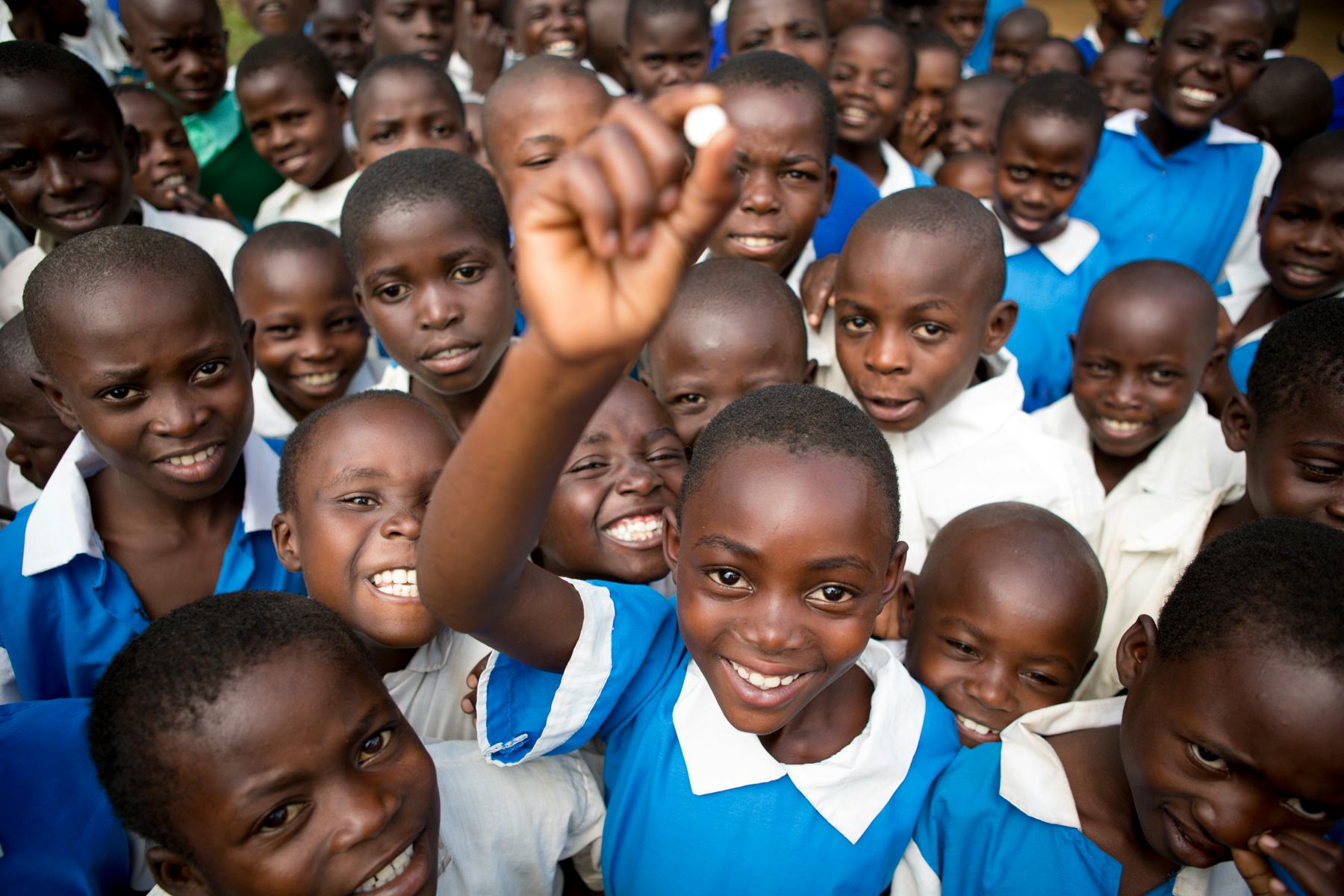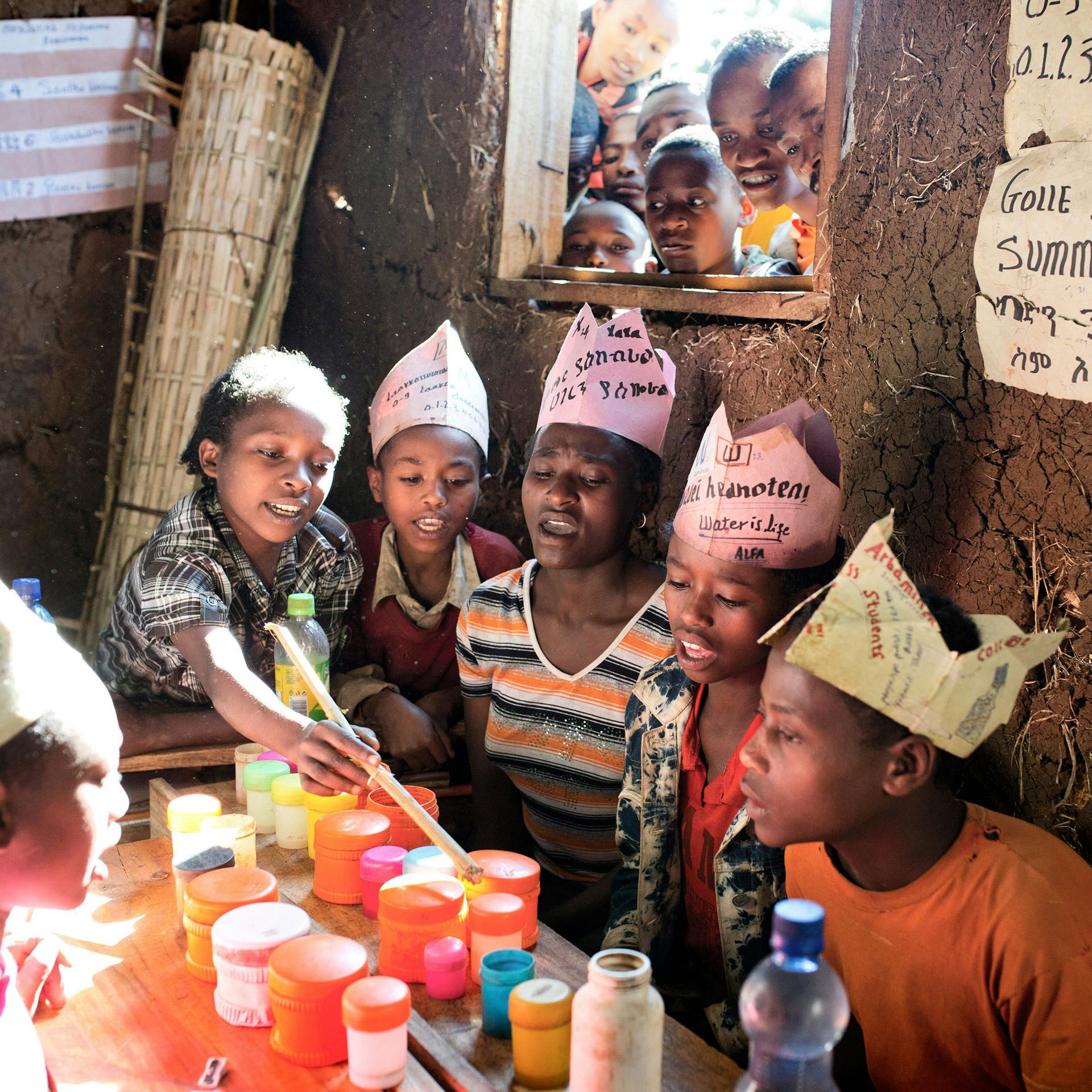Legatum launched two Tropical Disease Control initiatives in 2007 to combat seven neglected tropical diseases in Rwanda and Burundi. The two initiatives were eventually scaled up to become The END Fund, Legatum’s leading philanthropic investment in health.

Legatum launched two Tropical Disease Control initiatives in 2007 to combat seven neglected tropical diseases in Rwanda and Burundi. The two initiatives were eventually scaled up to become The END Fund, Legatum’s leading philanthropic investment in health.

In 2006, Alan McCormick read an article by Alan Fenwick, a celebrated parasitologist, which explained how neglected tropical diseases could be effectively treated at a low cost.
Legatum decided to treat these diseases, and we started to see a real possibility that, with the right approach and partners, there was a good chance they could be eliminated altogether.
After undertaking considerable research, together with the Schistosomiasis Control Initiative (SCI), Legatum devised a programme to test in two of Africa’s most affected countries, Burundi and Rwanda.
These Legatum initiatives were designed to combat seven neglected tropical diseases (NTDs) in Rwanda and Burundi using two new treatment delivery concepts.
The first concept was a biannual mass drug administration (MDA) designed to dispense four different drugs. These drugs were donated or subsidised by pharmaceutical companies GlaxoSmithKline, Johnson & Johnson, Merck, Pfizer and Merck Serono. The programme also provided vaccinations, bed-nets, and micronutrients in addition to the NTD treatments.
The second concept was to scale up a national-level programme, integrating all the various NTD providers and equipping government to coordinate this national MDA programme.
In addition to treating multiple diseases simultaneously in people with co-infections, the initiative raised awareness, educated people about NTDs, provided training, equipped health workers and mobilised local communities.
The success of these programmes was down to the collaboration between private philanthropy and government-led nationwide initiatives to administer the required biannual MDAs.
The programme’s integrated nature, along with the fact that it educated communities about the importance of sanitation and hygiene, made it impactful and sustainable.
In Burundi, the government’s involvement caused a domino effect, resulting in match-funding from partners from all over the world.
These initiatives reinforced the importance of building strong strategic partnerships. Through collaboration, the NTD programme was able to more efficiently use resources, save on logistical costs and, most importantly, reach many people.
After several years of successes, these two initiatives were eventually scaled up to become The END Fund, Legatum’s leading philanthropic investment in health. This programme is an excellent example of Legatum’s investment philosophy
in action, demonstrating its commitment to identify, incubate and scale ideas
that have a measurable positive impact on the world.


United voices: The story of the END Fund
The story of a mission, and the people, foundations, companies and governments who came together to put an end to Neglected Tropical Diseases
Dubai International Financial Centre
Dubai, United Arab Emirates










